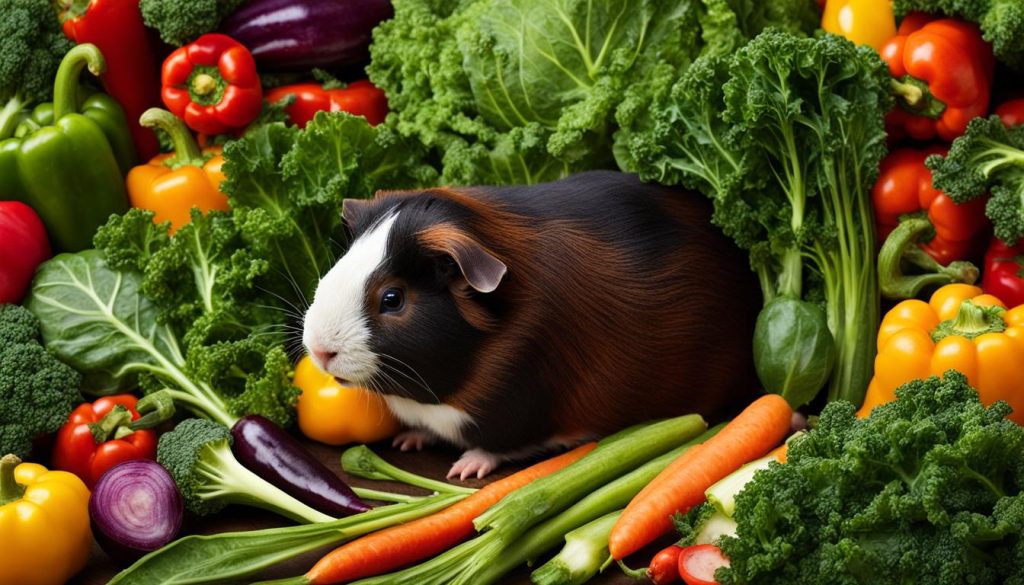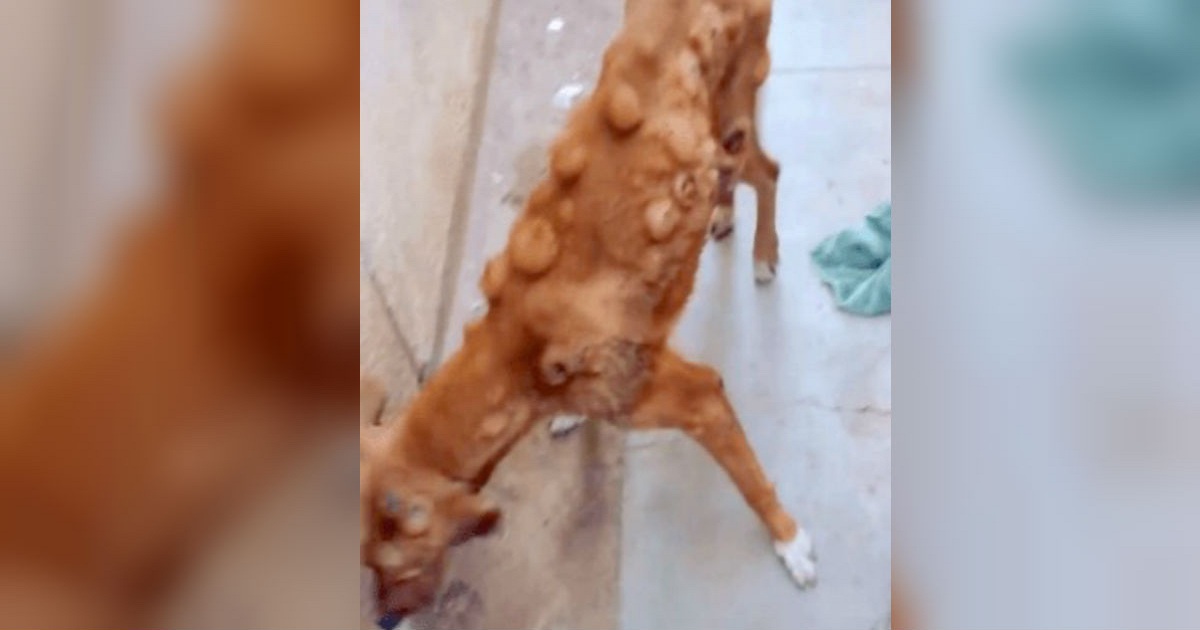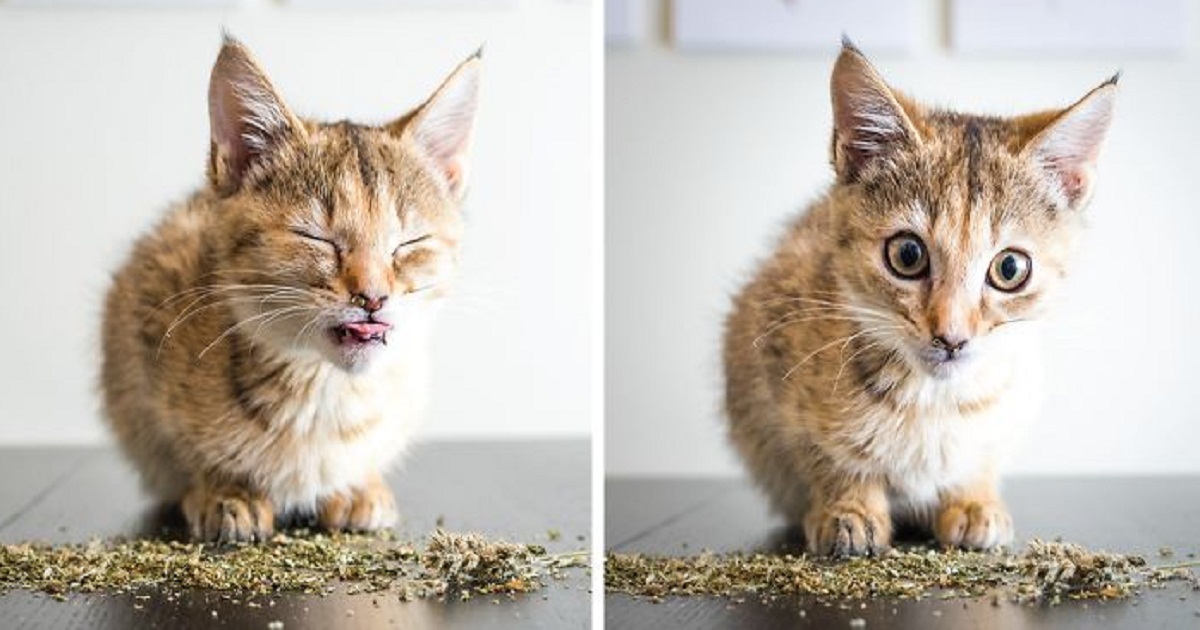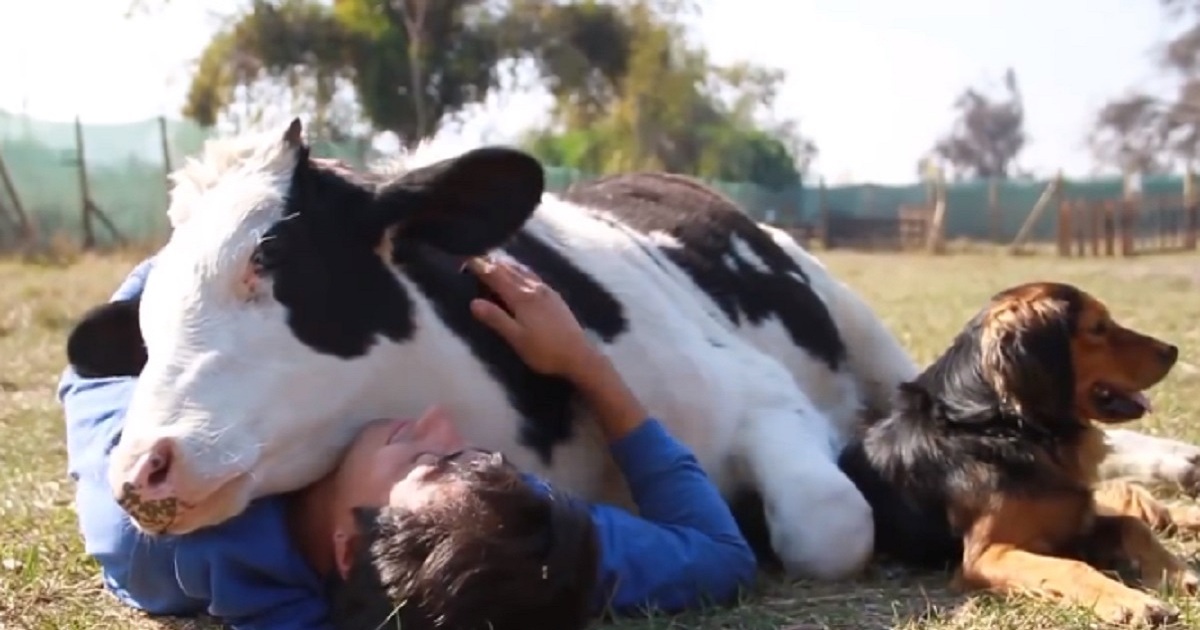The diet of a guinea pig plays a crucial role in their overall health and well-being. As a responsible guinea pig owner, you may often wonder whether it’s safe for your furry friend to munch on grass. In this article, I will delve into the topic of guinea pigs and grass, providing you with the information you need to make informed choices about your pet’s diet.
Can Guinea Pigs Eat Grass? Yes, they definitely should.
- Hay and grass should make up the majority of a guinea pig’s diet, as they provide important nutrients and fiber.
- Grass is a natural food option for guinea pigs and helps promote dental and digestive health.
- Pelleted foods, vegetables, and occasional fruits can also be included in a guinea pig’s diet, but in moderation.
- It’s important to be aware of specific vegetables and fruits that are safe for guinea pigs to eat and those that should be avoided.
- Vitamin C is crucial for a guinea pig’s health and should be supplemented daily.
The Importance of Hay and Grass in a Guinea Pig’s Diet
Guinea pigs are herbivores, and their diet should primarily consist of hay and grass. These natural food options are not only delicious for guinea pigs but also provide them with essential nutrients and fiber. Hay and grass play a crucial role in maintaining their dental and digestive health, making them an indispensable part of their daily diet.
Grass, in particular, is beneficial for guinea pigs as it helps control the growth of their teeth and keeps their gut healthy. Without sufficient access to hay and grass, guinea pigs can develop serious dental diseases and digestive issues. As they grow, it is important to transition them from alfalfa hay (which is higher in calcium) to timothy hay (which has lower calcium content and higher fiber). This ensures that they receive the appropriate nutrients while keeping their diet balanced.
To provide guinea pigs with the necessary hay and grass, it is recommended to offer them unlimited amounts throughout the day. This allows them to graze and munch on these fibrous foods whenever they please, mimicking their natural behavior in the wild. By incorporating hay and grass into their daily diet, you are prioritizing their overall well-being and helping them maintain optimal health.
The Role of Grass in a Guinea Pig’s Diet
Grass serves as more than just a tasty treat for guinea pigs. It is an essential component of their diet due to the valuable nutrients and fiber it provides. Grass helps wear down their continuously growing teeth, preventing dental problems that can cause discomfort and pain. Additionally, the fiber in grass aids in proper digestion, ensuring that the guinea pigs can efficiently process their food.
When allowing your guinea pigs to graze on grass, ensure that it has not been treated with any chemicals or pesticides that could be harmful to their health. Organic grass or grass specifically grown for guinea pigs are the safest options. Remember that a gradual introduction to grass is recommended, especially for younger guinea pigs, to allow their digestive systems to adjust.
Other Food Options for Guinea Pigs
Guinea pigs have a variety of food options aside from hay and grass. While hay and grass should be the main focus of their diet, pelleted foods, vegetables, and occasional fruits can also be included. Pelleted foods should be high in fiber and contain protected vitamin C to ensure your guinea pig gets all the essential nutrients they need. These pellets can be found in pet stores and should be given in moderation.
When it comes to vegetables, there are many safe options for guinea pigs to enjoy. Some examples include asparagus, broccoli, cabbage, carrots, cucumber, and spinach. These vegetables provide additional vitamins and minerals to support your guinea pig’s overall health. It’s important to note that different vegetables contain different levels of nutrients, so it’s best to provide a variety for a well-rounded diet.
In addition to vegetables, occasional fruits can be given as treats. However, fruits should be given sparingly due to their high sugar content. Safe options include bananas, blueberries, strawberries, and pears. Remember to wash all fruits and vegetables thoroughly before feeding them to remove any pesticides or dirt.
Guinea Pig Treats
Guinea pig treats can be a fun way to bond with your pet and provide them with some extra enjoyment. There are a variety of commercial treats available in stores, but it’s important to choose treats that are specifically made for guinea pigs. These treats should be nutritious and made with safe ingredients. Avoid giving treats that are high in sugar or contain any artificial additives.
When providing treats, it’s essential to do so in moderation. Treats should not make up a large portion of your guinea pig’s diet, as they can lead to weight gain and other health issues. Always follow the recommended serving sizes on the packaging and consult with your veterinarian if you have any concerns about the treats you are providing.
Guinea Pigs and Grass Cuttings
Guinea pigs can enjoy grass cuttings as part of their diet, but it’s important to take some precautions. Make sure that the grass has not been treated with any pesticides, herbicides, or chemicals that could be harmful to your guinea pig. Also, avoid giving your guinea pig grass clippings from lawns that have been treated with fertilizers, as these can be toxic to them.
When offering grass cuttings, make sure they are fresh and free from any mold or decay. It’s also a good idea to gradually introduce grass cuttings into your guinea pig’s diet to avoid any gastrointestinal upset. As with any new food, monitor your guinea pig’s reaction and consult with your veterinarian if you have any concerns.
Foods to Avoid Feeding Guinea Pigs
When it comes to feeding your guinea pig, it’s important to be aware of the foods that should be avoided. Guinea pigs have a sensitive digestive system, and certain foods can be harmful or even toxic to them. To ensure the health and well-being of your furry friend, it’s crucial to steer clear of the following:
Mushrooms
Mushrooms may be a tasty addition to our meals, but they should never be given to guinea pigs. Mushrooms can be difficult for guinea pigs to digest and can cause digestive upset or even poisoning. It’s best to keep mushrooms out of your guinea pig’s diet altogether.
Meat and Animal Proteins
Guinea pigs are herbivores and cannot properly digest meat or animal proteins. Their digestive system is designed to process plant-based foods, so feeding them meat can lead to digestive issues and nutritional imbalances. Stick to a vegetarian diet for your guinea pig to keep them healthy and happy.
Cooked Foods
While it may be tempting to share some of your cooked meals with your guinea pig, it’s important to resist the urge. Guinea pigs cannot properly digest cooked foods, and consuming them can lead to gastrointestinal problems. Stick to feeding your guinea pig fresh, raw foods that are safe for them to consume.
By avoiding these foods and sticking to a diet that consists of hay, grass, vegetables, and occasional fruits, you can ensure that your guinea pig stays healthy and thriving. Remember to always consult with a veterinarian if you have any concerns or questions about your guinea pig’s diet.
The Importance of Vitamin C in a Guinea Pig’s Diet
When it comes to the dietary needs of guinea pigs, vitamin C plays a crucial role. Just like humans, guinea pigs cannot produce their own vitamin C and must obtain it through their diet. Without enough vitamin C, guinea pigs can develop a condition called scurvy, which can lead to a range of health problems.
Vitamin C is essential for the normal development and maintenance of a guinea pig’s skin, joints, and mucosal surfaces. It also plays a vital role in wound healing. That’s why it’s important to ensure that your guinea pig receives a steady supply of vitamin C every day. While fresh fruits and vegetables do contain some vitamin C, they may not provide enough to meet a guinea pig’s daily needs.
To ensure your guinea pig gets enough vitamin C, you can choose to provide them with fortified pellets that contain the necessary amount of the vitamin. Alternatively, you can give them a vitamin C tablet or liquid supplement. It’s important to note that vitamin C breaks down quickly, so it’s crucial to ensure that any pellets or supplements you provide are fresh and have not expired.
The Role of Vitamin C in a Guinea Pig’s Diet
The role of vitamin C in a guinea pig’s diet is crucial for their overall health and well-being. Without adequate vitamin C, guinea pigs are at risk of developing scurvy, which can manifest as symptoms including weakness, lethargy, weight loss, and swollen or painful joints. In severe cases, it can even be life-threatening.
By providing your guinea pig with a diet that includes a sufficient amount of vitamin C, you can help prevent the onset of scurvy and ensure that they thrive. Remember to consult with a veterinarian to determine the appropriate amount of vitamin C for your guinea pig based on their age, weight, and overall health. This will help ensure that they are getting the right amount of this essential nutrient to support their wellbeing.

Guinea Pig’s Need for Vitamin C
Guinea pigs have a higher daily requirement for vitamin C compared to many other animals. This is because they lack the ability to synthesize their own vitamin C, making it crucial that they receive an adequate supply through their diet. Providing your guinea pig with a vitamin C-rich diet is essential for their growth, development, and overall health.
Without enough vitamin C, guinea pigs can experience a range of health issues, including weakened immune function, poor wound healing, and increased susceptibility to infections. They may also develop joint and bone problems, dental issues, and general malaise. By meeting their daily vitamin C needs, you can help ensure that your guinea pig remains healthy, active, and happy.
Conclusion
A guinea pig’s diet should primarily consist of hay and grass. These natural food options are essential for maintaining dental and digestive health. Hay and grass provide important nutrients and fiber that guinea pigs need to thrive.
While hay and grass should be the main focus of their diet, guinea pigs can also be fed pelleted foods, vegetables, and occasional fruits. However, it’s important to offer these foods in moderation and ensure they are safe for guinea pigs to consume.
Avoid feeding guinea pigs certain foods that are toxic or harmful to their health. Animal proteins, cooked foods, mushrooms, and certain parts of the potato and tomato plants should be avoided. Additionally, highly processed foods like bread, pasta, chips, rice, and crackers are not suitable for guinea pigs.
Lastly, it’s crucial to meet a guinea pig’s vitamin C needs. Since guinea pigs cannot produce their own vitamin C, they must receive a daily supplement through fortified pellets or a vitamin C tablet or liquid. Fresh fruits and vegetables can provide some vitamin C but are not sufficient on their own.
FAQ
Can guinea pigs eat grass?
Yes, grass is a natural food option for guinea pigs and should make up the majority of their diet. It provides important nutrients and fiber, and helps maintain their dental and digestive health.
What is the importance of hay and grass in a guinea pig’s diet?
Hay and grass are essential for a guinea pig’s dental health and digestive health. They help control the growth of their teeth and keep their gut healthy. Guinea pigs should have constant access to hay and grass in order to maintain their overall health.
Are there other food options for guinea pigs?
Yes, in addition to hay and grass, guinea pigs can also be fed pelleted foods, vegetables, and occasional fruits. Pelleted foods should be high in fiber and contain protected vitamin C. Safe vegetables for guinea pigs include asparagus, broccoli, cabbage, carrots, and more. Fruits like bananas, blueberries, oranges, and strawberries can also be given in limited quantities.
What foods should be avoided when feeding guinea pigs?
Guinea pigs should not be fed animal proteins such as meat and eggs, as they are herbivores. Cooked foods should also be avoided. Mushrooms, raw potatoes, unripe tomatoes, and rhubarb should be avoided as they can be toxic for guinea pigs. Avocados and highly processed foods should also be avoided.
Why is vitamin C important in a guinea pig’s diet?
Guinea pigs require a steady supply of vitamin C in their diet as they cannot produce it on their own. Vitamin C is important for their overall health, including the development and maintenance of their skin, joints, and mucosal surfaces. It also plays a role in healing wounds.
Can guinea pigs get enough vitamin C from fruits and vegetables alone?
While fresh fruits and vegetables can provide some vitamin C, they cannot provide enough for a guinea pig’s daily needs. Guinea pigs should receive vitamin C every day, either through fortified pellets or with a vitamin C tablet or liquid.






